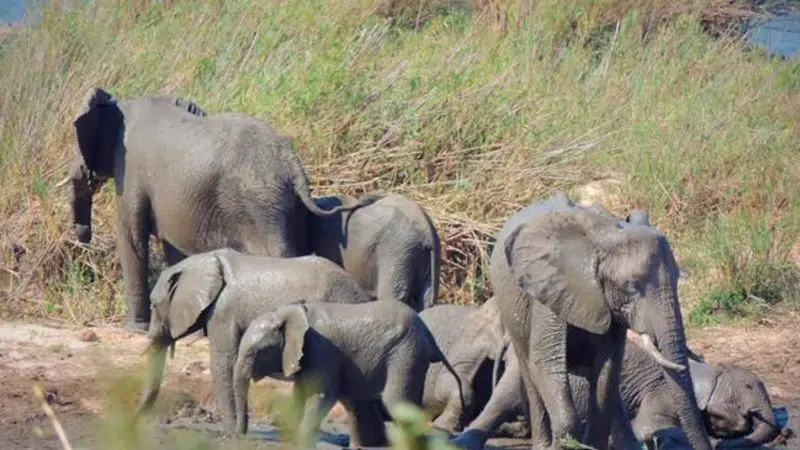
Countries agree to limit sales of elephants to zoos
GENEVA — Countries have agreed to limit the controversial sale of wild elephants caught in Zimbabwe and Botswana, to the delight of conservationists but the dismay of some of the African countries involved.
Wildlife experts say the Tuesday vote at a conference in Geneva on trade in endangered species known as CITES is a “momentous win” for elephants because it restricts their sale to zoos.
The European Union tweaked the language of the resolution to reach a compromise that limits exports of live elephants outside of Africa but allows for some exceptions relevant to Europe. Conservationists explained, for example, this would allow for an elephant already in France to be shipped to nearby Germany without having to be sent back to Africa first.
But the new resolution means zoos will no longer be able to import wild-caught African elephants to the U.S., China and many other countries beyond the elephants’ natural habitat. The resolution passed by a vote of 87 in favour, 29 against and 25 abstaining. The U.S. voted against it.


